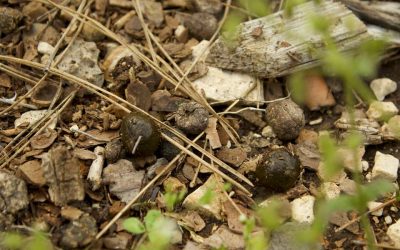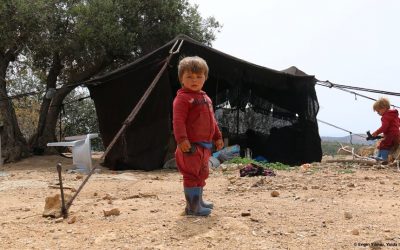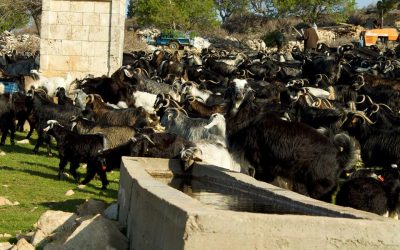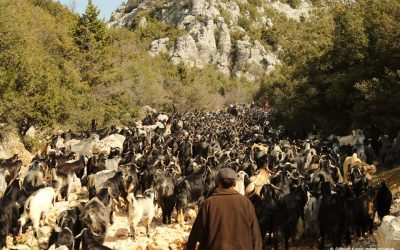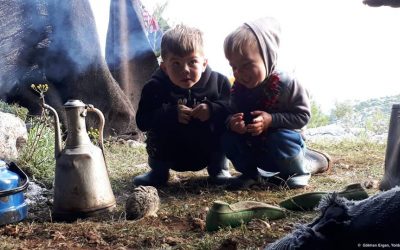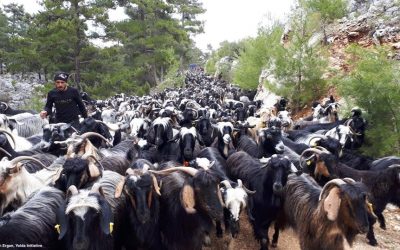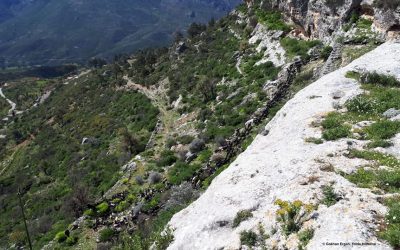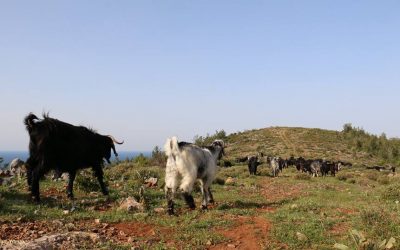Mobile Pastoralism Protects the Soil (Day 6)
Livestock grazing used as a tool for soil restoration allows vegetation cover to be restored, preventing floods and erosion – and in the process, also improve plant and arthropod diversity. Low grazing pressure has been observed to be a preferable restoration strategy than complete cessation of grazing or afforestation – as restoring an area to it’s former state and diversity is challenging, so preventing abandonment is preferable. Additionally, manure has the capacity to increase soil macroaggregates, compaction resistance and water content capacity, all of which have a direct and positive effect on soil’s resistance to erosion.
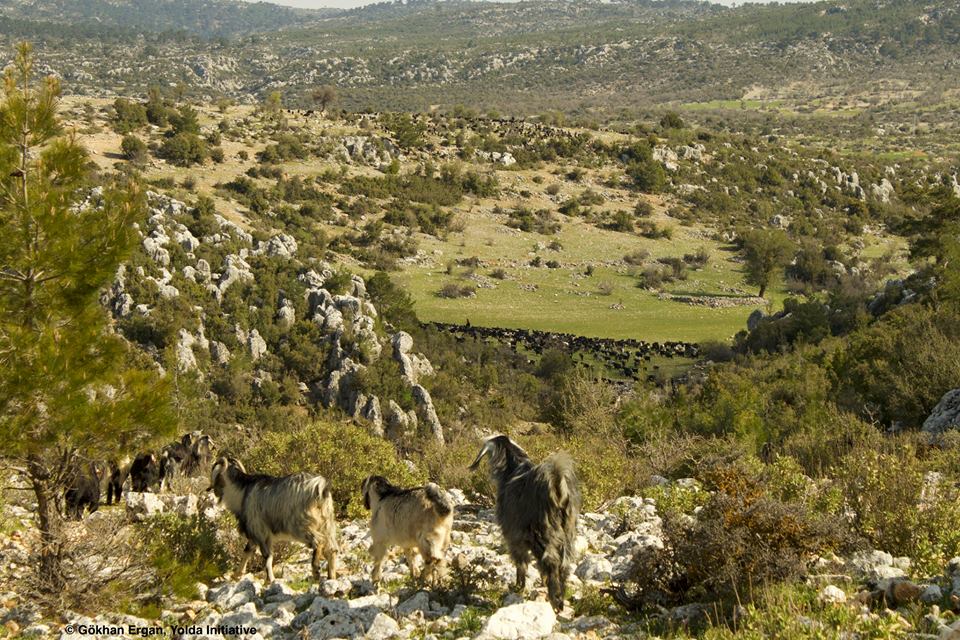
Read our stories from partners and practitioners.
Read our stories from partners and practitioners.
The Mobility of Pastoralists Contributes to Seed Dispersal (Day 10)
Based on the needs of the herd, the geographic conditions in each landscape, and the day they wake up to, The Bacak family decide when to move fast or slow or to rest. On the 10th Day, they cover a distance of 73km. Both the family and herd enjoy tasting the different...
Migration is a School for Mobile Pastoralist Children (Day 8)
The spring migration taking place between April & June, and the fall migration taking place between September & October, coincides with school calendar and mobile pastoralists find themselves forced to leave their children with settled relatives or in dormitories....
Mobile Pastoralism has Direct Benefits for Water Cycle Regulation (Day 7)
One of the most interesting features of migration routes is the fountains - cisterns that were built by mobile pastoralists over thousands of years for both themselves and their livestock to access water. Today the majority of the fountains, cisterns with no...
Mobile Pastoralism has an Indespendible Role against Wildfires (Day 5)
On the fourth day of the migration the herd moved 24km along corridors that were created by the movement of their ancestors through forests for thousands of years. Today the Bacak family of Sarıkeçili nomadic pastoralists decide not to move in order to rest their...
Mobile Pastoralism and Nature (Day 4)
Mobile pastoralism has persisted over the centuries thanks to its harmonious existence with nature. Relying on a constant interaction and interdependency with the nature has led practitioners to cultivate a rich body of traditional ecological knowledge, which in turn...
Mobile Pastoralism is the most Efficient Livestock Farming System (Day 3)
3 days into the migration and the herd has moved 22km - from and altitude of 230 meters to one of 790 meters. As they climb, both the herd's and the Bacak family's moods improve. Mobile pastoralism is the most efficient and sustainable livestock farming system in...
Mobile Pastoralism and Natural Cultural Heritage (Day 2)
On the second day of the spring migration the Sarıkeçili nomadic pastoralists are moving up towards the Taurus Mountains. In Turkey, mobile pastoralism is a major traditional practice which has shaped the country’s outstanding landscapes where three of the world’s...
On the Move with Sarıkeçili Nomads – Day 1
Yolda Initiative is on the move for the Spring Migration. Follow them during this long spring to see how mobile pastoralists in Turkey live in harmony with nature by migrating between summering and wintering sites according to seasonal availability - as they have been...

